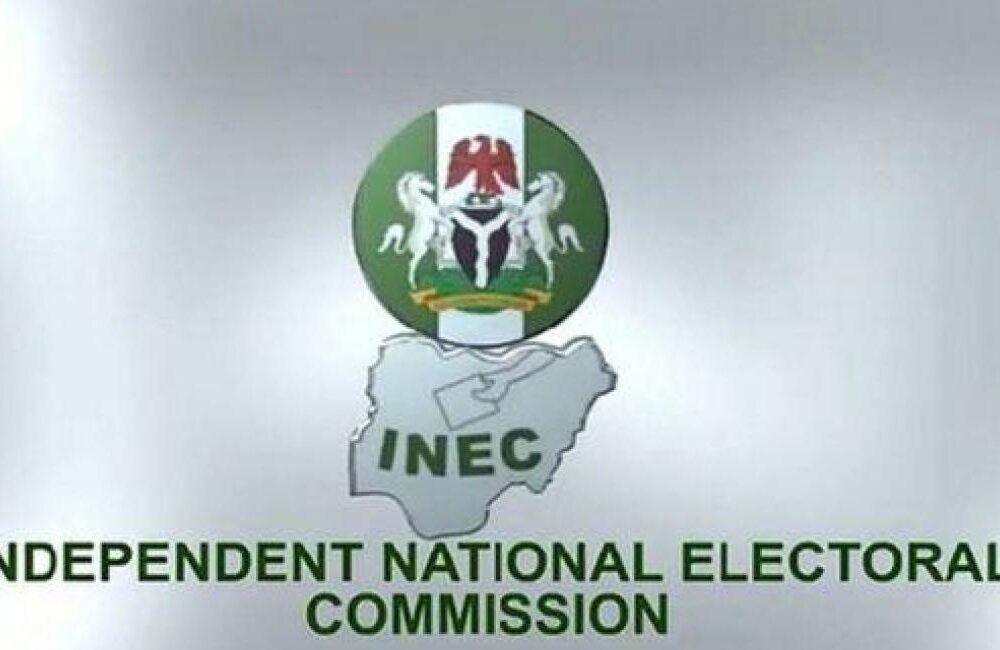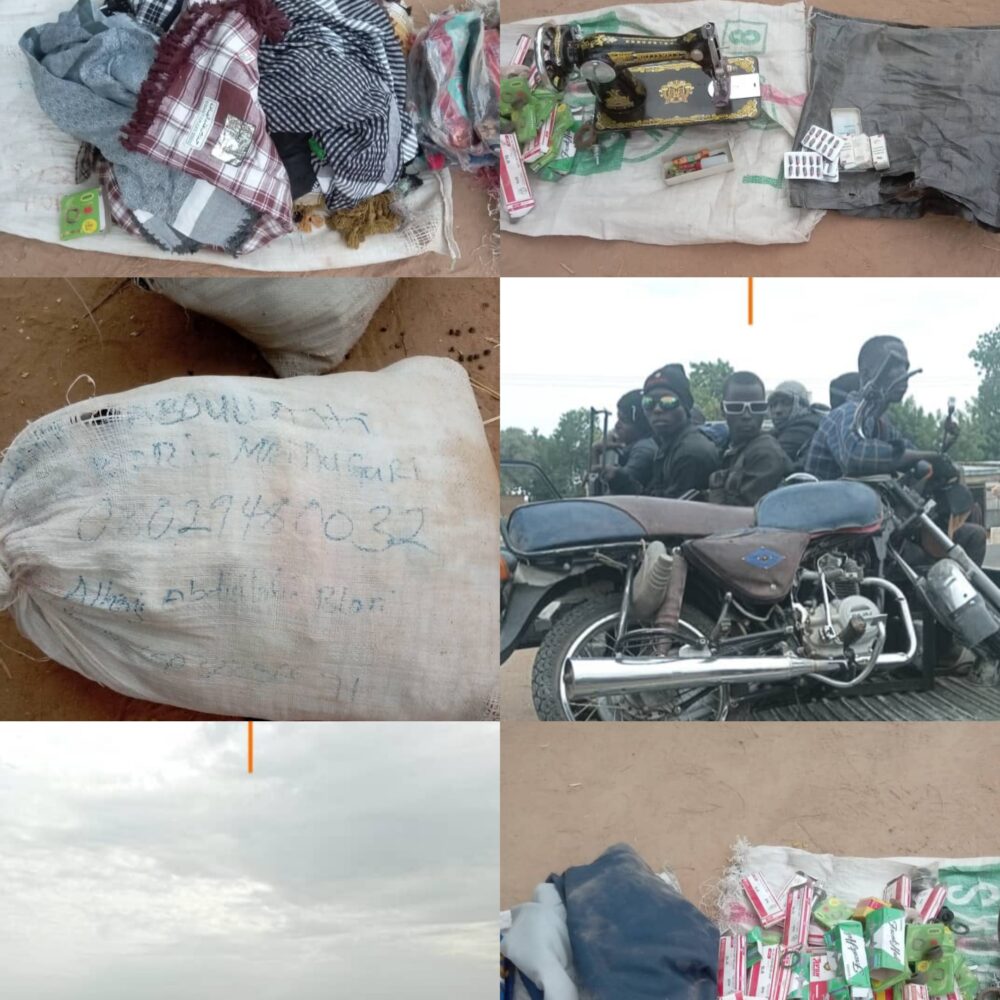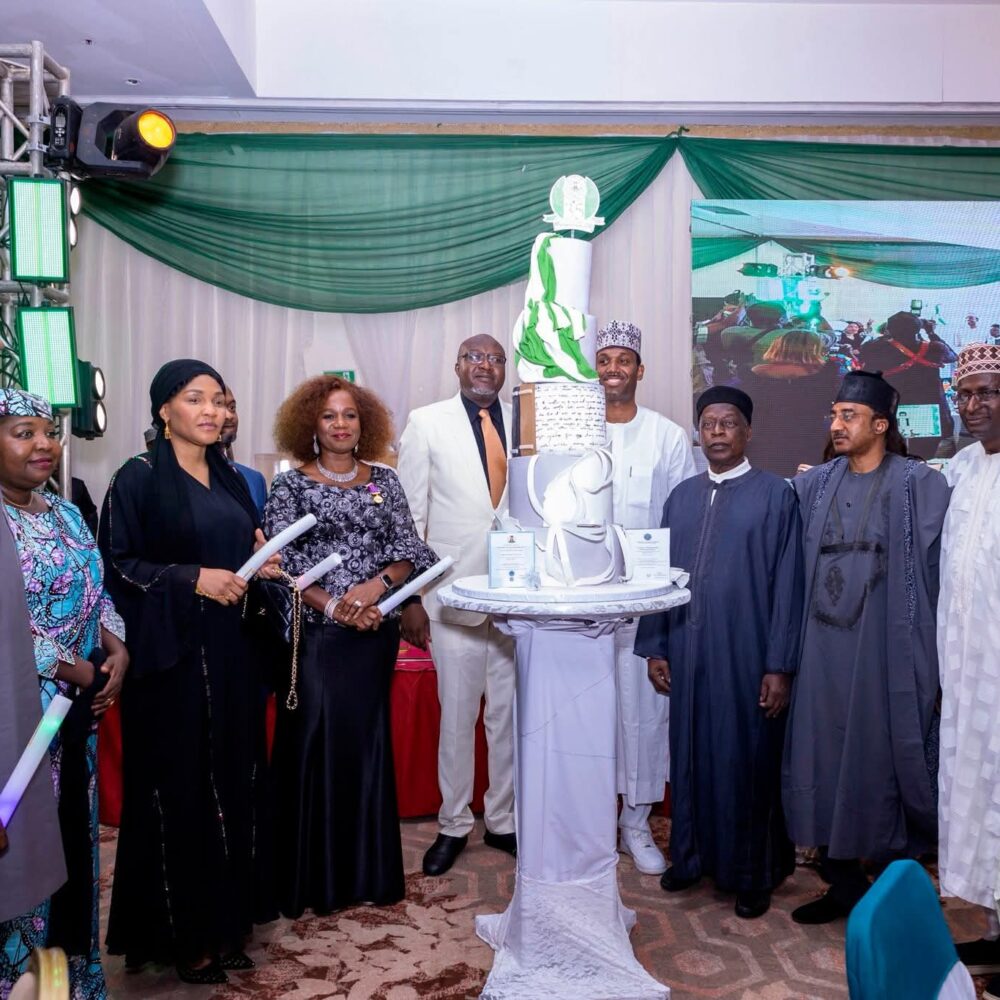The Chairman,House Committee on Port and Harbour,Hon.Garba Muhammad Datti,has called for proper legislation that will enhance the animal welfare,wildlife,environmental conservation and sustainable development in Nigeria, Africa and across the globe.
Speaking at the 4th Africa Animal Welfare Conference:Action 2020 Virtual Conference held Monday, 7th September, 2020, Datti who had sponsored a bill prohibiting the killing of donkeys and donkey skin trade, said treatment of animals in Africa was quite different from global best practice as obtainable in other parts of the world.
Read his keynote address in full :
Ladies and Gentlemen,
It gives me great pleasure to be here with you today at 4th Africa Animal Welfare Conference, an event which literally brings together all the critical stakeholders in any discussion on animal welfare, wildlife, environmental conservation and sustainable development and to extend a warmth welcome to all the distinguished participants.
At the pain of repetition, this conference comes up against the background of global Covid-19 Pandemic, which has placed multiple obstacles in the way of our way of life. In that context, let me place a record my immeasurable gratitude to the organisers of the conference that, owing to our spirit of endeavor and innovation, the pandemic has not found the capacity to thwart our annual exertion in the pursuit of a functional, sustainable and fair planet.
The discussion is timely because although animals are not less important in the scheme for the existence of survival of man and universe, they are regrettably always at the base in the hierarchy of concerns. The theme of this conference resolves around conservation and sustainability.
Animal welfare can hardly be overstated given the cruel and unusual punishment that animals are usually subjected to in our continent and elsewhere. The threats to wildlife are innumerable including the reckless and self-serving activities of poachers.
The threats to environmental conservation are similarly numerous including oil splits and deforestation. These components of the theme, therefore have at their mutual core the sustainability of Africa’s animals resources. So do Nature-based Solution (NBS).
It’s commendable that the theme of this conference underlines the neglected link between animal farming, wildlife and animal conservation on the one hand on sustainable development on the other. A group of erudites scholars critically note that the SDGs do not acknowledge the impact of animals towards their attainment. They state:
The condition of animals in achieving the SDGs is not recognize nor made explicit. Nevertheless, there are obvious areas where animals play an important roles in the context of sustainable development. These include for instance food security, transportation, employment and livelihood.
Not a mention of animals in the SDGs! Take donkeys for instance – according to some statistics, over six hundreds million households in rural communities around the world depend on the donkey, which is now classified by the United Nations as ” Working Livestock”, for their survival. Just donkeys. What about chickens, goats, cattles etc? However, I prefer to see this enormous vacuum, upon which many might call the SDGs elitist, as an innocent lacuna. After all, even the elite eventually, if not invariably, interact with animals and livestock.
Our relationship with animals in Africa is quite peculiar, quite different from other civilisation. Perhaps no civilisation is as dependent on animals, in varying capacities, as African i.e. Transport, food, companions, appliance among others things. But as connected as we are to them, there is always a reason for decimation of animals in Africa. Dogs are religiously mistreated. Cats are killed in many places based on the unproven, superstitious links to the occultly. As central as they have been to our sustenance, there has been little or no proactive effort to safeguard, if not improve the welfare of animals in the continent. This deficit is capable of and indeed. In some instance has stunded the growth of many a nation, particularly the agro-based economies. The political class, of which I am a member, prides itself at being as close to the grassroots as it’s jugular, but has unfortunately done too little for a constituency so close to the grassroots i.e the animals. The time has, therefore come for change and for the realization, in welfare and conservation terms, that we serve our people best when we “serve” our animals.
This being the case, the time has come for politician like me, in our various capacities as law and policy makers and implementers, to drive reform in the way we treat animals in Africa through local, national and regional legislation.
Indeed, you will recall that the donkey had been subjected to unprecedented trauma until we summoned the vision, courage and resolve to sponsor legislation to bring an end to it. Today, the official policy of Nigerian’s Federal Government is that the killings of donkeys and donkey skin trade are banned while the Bill itself is on the verge of being passed by the National Assembly. The lesson to be taken away from such proactive iniatives are self-evident. Thus, a first step towards preserving our animals would be to send the communiqè at the end of this conference to ALL Governments and Parliaments across Africa to exhort them to action. And I for one cast my vote of support for the Universal Declaration on Animals Welfare(UDAW) as well as a follow-up broad international convention.
The role of civil society must also be broadened. The Africa Network for Animal Welfare(ANAW) has been at the forefront of efforts to sensitize and inspire our continent about the importance of plight of animals in Africa. Sadly, few others have taken up this responsibility of creating a synergy of purpose of action between government and the people as well as peaceful and mutual coexistence between animals.
Working together, the political class and civil societies can sensitize, inform and educate the masses of our people as we as remedy silence of the SDGs by bringing animal welfare, wildlife and conservation to the foreground of any discussion of the SDGs in this last nine or ten years of it’s lifespan.
Ladies and gentlemen, this conference is clearly a fertile setting for the cross-pollination far-reaching ideas on a selfless theme and I do not intend to bore you stiff with elaborate musings. The challenges are many but we are here to forge unity and engagement so that tomorrow humanity does not bite it’s tongue crafting convenient but ultimately pointless excuses for fatal inaction. I wish us happy and fruitful deliberations.
Hon. Garba Datti Muhammad,
Member, House of Representatives,
National Assembly,
Three Arms Zone,
Maitama, Abuja.





